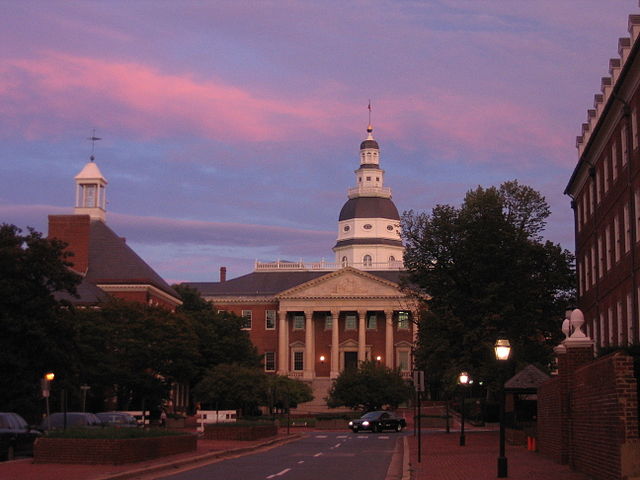
Aruna Miller believes that there’s a strong need for the problem-solving approach that scientists and engineers can bring to office. After more than 20 years working as a transportation engineer for Montgomery County and other local governments, Aruna Miller ran for, and was elected to, the Maryland legislature in 2010. Now she’s running for Congress in her home state of Maryland because she believes we need more people with a STEM background making policy.
CS: How did you become interested in public service?
Miller: I’ve been someone who has long benefited from public policies in our country, from the immigration policy that allowed my family and I to come here, to the safety net that allowed me to finish college despite financial hardship. My career in public service is a way of giving back.
CS: What was your first step in becoming more engaged in politics?

Aruna Miller
Miller: As you can imagine, running for public office is not on most engineers’ horizons. What sparked my interest was the election in 2000, where our president was ultimately selected by the Supreme Court. I watched the impact of that decision over the years and that’s when I concluded voting isn’t enough -- it’s just the beginning of engagement. I thought that if I care about the direction of the country, I need to do a lot more. So I picked up the phone, called the local Democratic party, and told them I want to volunteer.
CS: What was it like to transition from a political volunteer to a candidate?
Miller: Democracy is difficult to navigate. I love that so many people are engaged right now, but the truth of the matter is that you don’t just wake up one day and say “I’m going to run.” It takes time to build relationships and develop an understanding of a legislative body. When you start as a volunteer, whether for a political party or an advocacy group, you learn at the grassroots level how to make your voice heard. Your chances of succeeding in an election are good if you have a strong background.
CS: Does your engineering background inform your approach to policy?
Miller: Absolutely. Engineers have an analytical way of approaching policy and looking at the data and the facts that are being presented. It helps you be objective and see all sides. I think that has helped me a lot in my career.
For instance, one of the biggest issues for our community is transportation access. It has a huge impact on people’s lives, whether due to traffic and the environmental costs of idling cars, or the effect on businesses deciding to move to our region. When bills related to transportation arrive in the General Assembly, my background and experience as a transportation engineer make me aware of issues that other legislators might not know about. I can bring my ideas to the table, and we’re able to craft a better piece of legislation as a result.
CS: What advice do you have for scientists and engineers who want to get more involved in their communities?
Miller: First, get engaged. Our democracy is stronger when we have more people playing an active role in how our country, our states, and our communities move forward.
Second, step out of your equations and out of your comfort zone. Just because you’re in STEM does not mean that you don’t have a lane in policy-making. You do. You bring a unique perspective to the table, and that’s important. We have a lot of people at the federal level who don’t believe in science and data, and we need more people with technical backgrounds to make their voices heard.
Third, don’t be afraid to lose. You can forget your moral compass if your only objective is to win. You might fall down, but you need to get up and try it again. Lots of people run, and they might not win the first time, but they’ll come back stronger the next time.
Finally, our purpose should be to leave the world a better place than when we found it. If that’s just what you add to your community through your professional work, that’s great. But don’t leave your role in civic engagement out of the equation, whether as a volunteer, through an advocacy group, or running for office one day. Remember - the road to progress is always under construction.
Do you have a story to tell about your own local engagement or of someone you know? Please submit your idea here , and we will help you develop and share your story for our series.